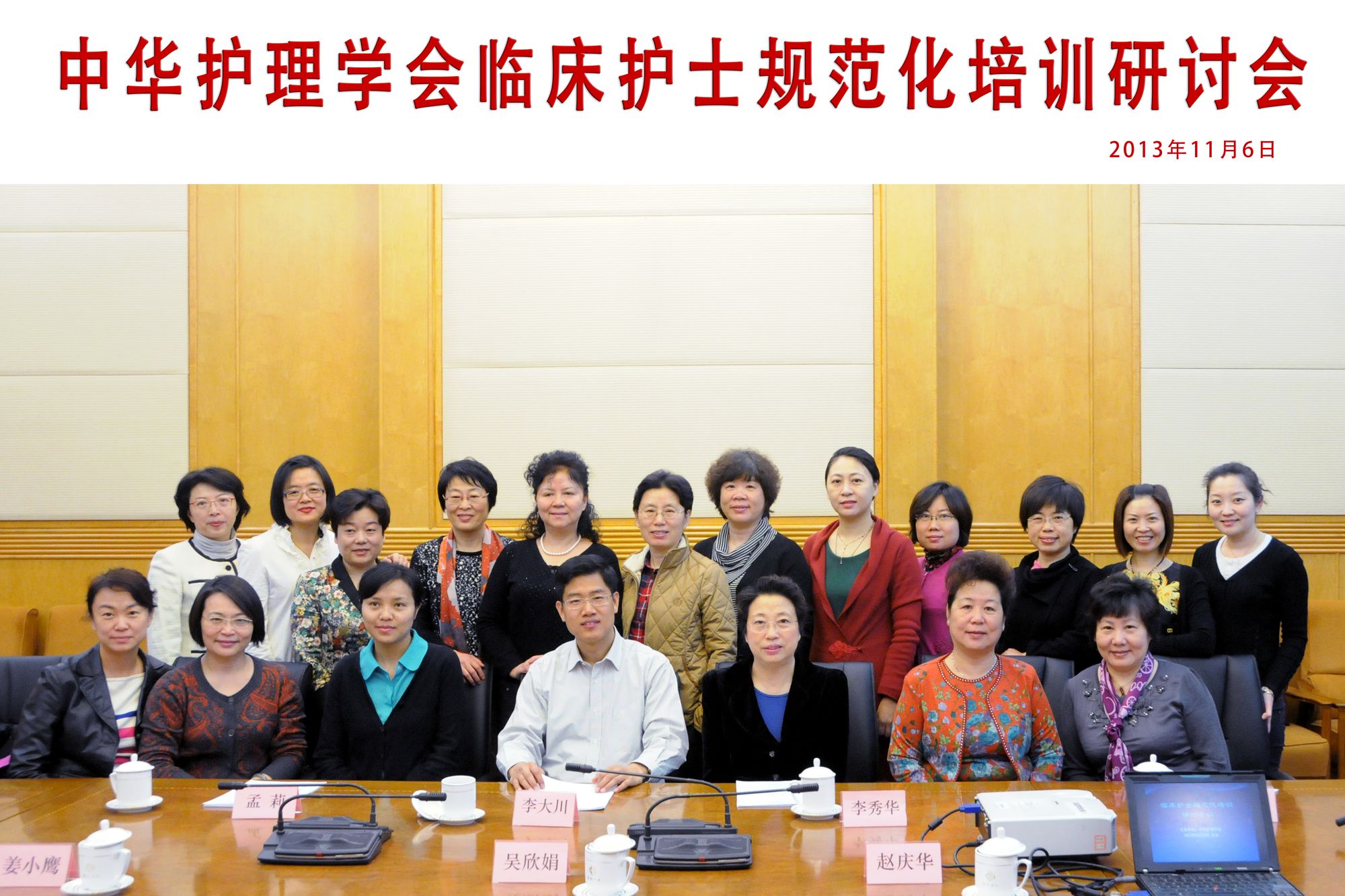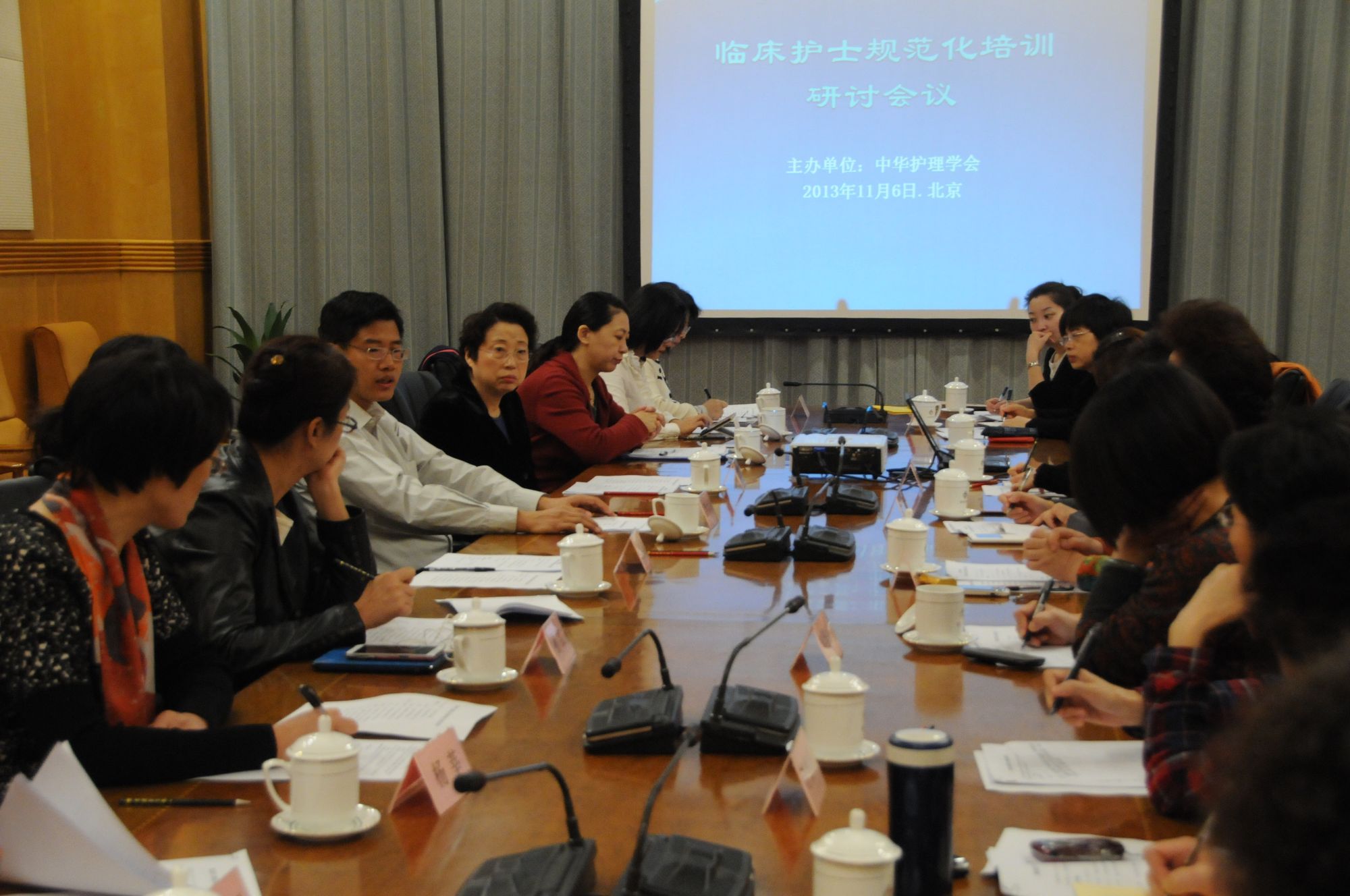Nursing leadership to achieve the SDGs, China
Nursing leaders around world should actively strive to make a voice on behalf of nurses and participate in the actions that may change health policy to advance the influence of nurses.
The health of the Chinese people is a priority to the Chinese government and healthcare workers, and especially nurses, are seen as the main force driving health promotion.
In the last year, nurse have made great contributions to the average life expectancy in China, which is increased to 76.34 years old in 2015Nurses also played a key role in decreasing the maternal mortality ratio and the infant mortality rate from20.1 per 100000 births and 8.1 per 1000 births respectively.
Dr Li Xiuhua, President of the Chinese Nursing Association, credits this success to four levels of leadership strategies.
First, there is the importance of healthcare positions and representation at the national level. The Chinese government has been a strong supporter of the development of nursing care and selects members of the The Chinese People’s Political Consultative Conference (CPPCC) National Committee and deputies of the National People’s Congress, to represent nurses, to offer advice and suggestions, to participate in political affairs and consultation, and to actively influence health policies. Dr Li has served as a member of the CPPCC National Committee for two terms, submitting nursing-related proposals to the government, communicating with people from all walks of life and seeking governmental and social support.
Second, innovation must be regarded as the force leading to development.
Third, healthcare systems must have a strong capacity of implementation, we must move forward as long as the goal is established, don’t be afraid regardless of any difficulties encountered, do not forget the original intention and bravely undertake responsibilities.
Fourth, we must have inclusiveness, promoting cooperation and multidisciplinarity.
In order to achieve the Sustainable Development Goals 2030 and tackle a series of challenges including the global shortage of nursing workforce, Dr Li believes that national nursing leaders around the world should work together to formulate a long-term sustainable development strategy, promoting the progress of nursing science, nursing career development, nursing industrial development and improving the level of people’s health. She stresses that priority should be given to scale up the knowledge, information and promotion of global emergency response and first aid; elderly care and chronic disease management; emerging infectious diseases; prevention and healthy lifestyles, as well as maternal and child health. In addition, health guidance to the vulnerable and marginalized group is a priority, ensuring everyone’s right to access healthcare.



